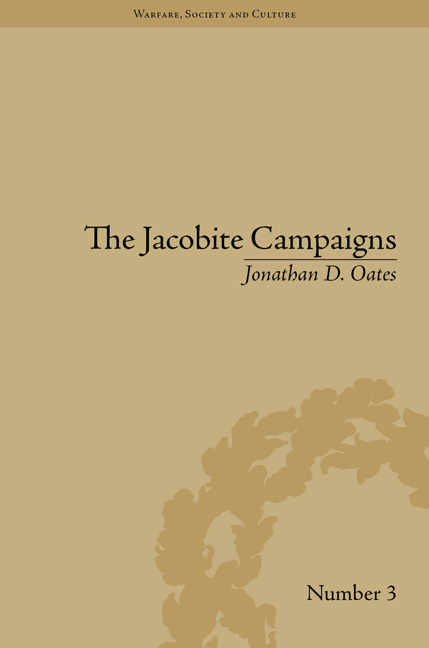6 - The Formation of the Loyalist Volunteer Forces
Summary
It has already been noted that the militia and posse were not seen by many in authority as being adequate, or even legal, during 1745. There was, therefore, a need to bypass these official structures and create others. These forces raised by civilians during 1745–6 to combat the Jacobites had a very similar role to that of the militia, as we shall discover in Chapter 7. Yet their formation was, in some ways, different, yet was not without similarities, as were some of the difficulties faced.
The principal method of evading the legal obstacles was not to call out the militia, but to form voluntary associations of like-minded men and so organize volunteer companies and troops, led by the lieutenancy in the counties or by the mayor in a borough which was outside the county administrative jurisdiction, who would be given blank officers’ commissions from the Secretary of State. The lieutenant or mayor would allot the commissions to those he thought would make good officers and these would then raise men to fill their company. The forces would be financed by voluntary subscriptions from among the populace. Yet it seems that this method had been used earlier, as Newcastle wrote to the Lord Lieutenant of Lincoln, ‘This method was practised at the time of the rebellion of 1715, and it has been thought proper to revive it upon the present one’.
- Type
- Chapter
- Information
- The Jacobite CampaignsThe British State at War, pp. 145 - 160Publisher: Pickering & ChattoFirst published in: 2014



